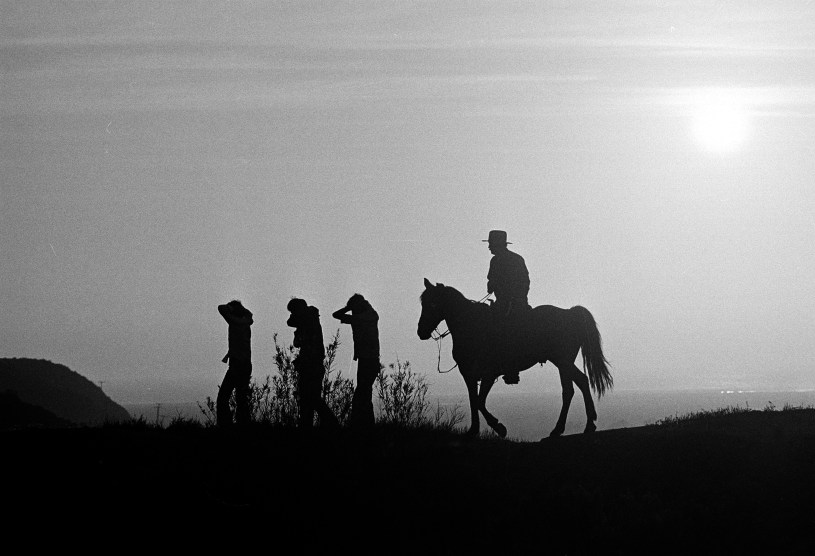How did the United States manage to squander the world’s sympathy after 9/11 and emerge as the new international pariah? That’s the question that Jack Hitt asks in his column in this issue (“A Bully’s Pulpit“), and it’s the question, I believe, that historians will be asking decades from now as they try to understand the astounding events of the last two years. How could a nation, which on September 12, 2001, saw NATO invoke for the first time its proviso that an attack on one was an attack on all, end up heading into war with most of Europe against it? How could, as one poll showed, the citizens of a country as staunchly pro-American as Ireland end up believing that the President of the United States was more of a threat to the world than Saddam Hussein?
This is a feat that no American president but George W. Bush could have accomplished. With his bluster and threats, his contempt for international agreements and international law, and his evangelical certainty in his own righteousness, President Bush has helped usher in a new century of anti-Americanism. He has turned Teddy Roosevelt’s maxim on its head, speaking loudly and recklessly wielding America’s big stick. And while he alienated most of the world, the Democrats — who are supposed to serve as the loyal opposition — were cravenly silent. As hundreds of thousands of Americans took to the streets in protest, virtually no leading U.S. politician joined the rallies or marches. In the Senate, it was left to two old stalwarts, Robert C. Byrd and Edward M. Kennedy, to speak the plain truth about Bush’s brand of ugly Americanism. The irony, of course, is that with his bellicose, take-it-or-leave-it approach, the president has done more to aid the cause of terrorism than a thousand Al Qaeda recruiting centers could ever have done.
I never thought I’d miss the military draft. But I’ve been thinking a lot about the draft lately, and how perhaps if the most prosperous Americans had been worried that their sons and daughters might be donning chem suits in the Iraqi desert, the opposition at home to Bush’s war plans would have been even stronger. For the professionalization of the U.S. military since the Vietnam era has practically guaranteed that the soldiers we now send into battle are men and women from middle-class or low-income families who needed a job and chose a military career. As Barry Yeoman points out in our cover story (“Soldiers of Good Fortune“), the notion of the citizen-soldier is now so passé that private contractors are doing work traditionally performed by U.S. servicemen — everything from training troops and flying armed reconnaissance missions to maintaining weapons systems (including B-2 bombers and F-117 stealth fighters) in the field. In a full-scale war against Iraq, the Pentagon was expected to use as many as 20,000 private contractors in the Persian Gulf — one contract employee for every ten soldiers. That’s a far cry from the citizen militiamen who put their lives on the line to found this nation. And it’s one reason why George W. Bush has felt so free to use the U.S. military in ways it has never been used before.









